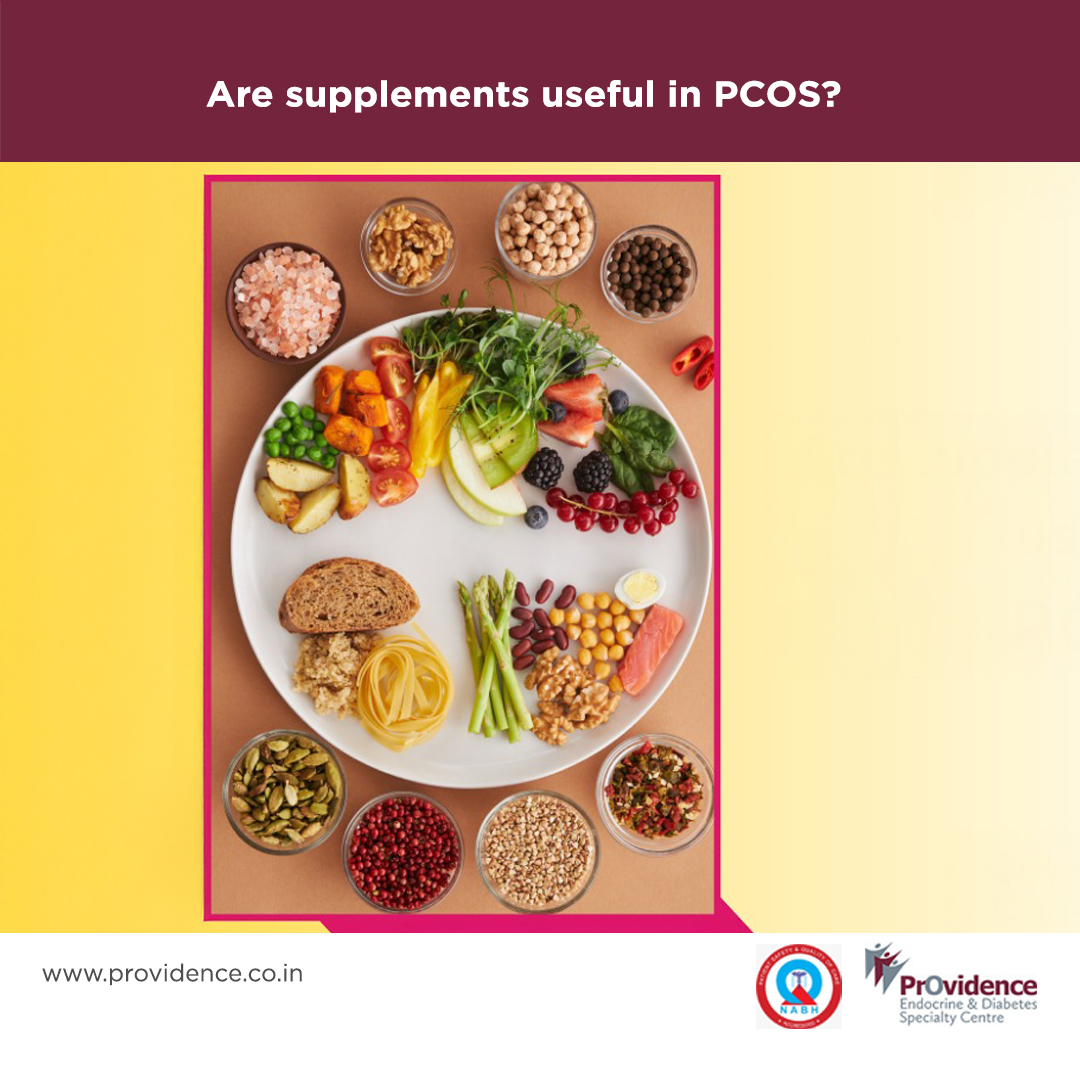While standard treatments for PCOS—like weight management, diet, lifestyle changes, and prescribed medications (e.g., Metformin, oral contraceptives)—are the most effective approach, many people are curious about natural supplements.
Let’s look at the evidence for the most popular options:
Myo-inositol : This natural sugar can help reduce insulin resistance and high androgen (male hormone) levels. Studies confirm it can improve insulin sensitivity and ovulation.
Verdict: Promising, but current research shows it is less effective than standard medications like Metformin.
Vitamin D : Can improve glucose levels and markers of inflammation.
Verdict: Recommended only if you have a confirmed Vitamin D deficiency.
Curcumin (from Turmeric) : Small studies show it may reduce inflammation and slightly improve blood glucose.
Verdict: No proven benefit for regulating periods or improving fertility.
Coenzyme Q10 (CoQ10) : This antioxidant may reduce inflammation markers.
Verdict: No significant effect on menstrual cycles or fertility has been found.
Omega-3 Fish Oils : May have minor effects on improving insulin resistance.
Verdict: Lacks definitive studies showing a real impact on important PCOS outcomes.
Others (N-acetylcysteine, Berberine, Zinc, Magnesium)
Verdict: Current evidence does not support their use for PCOS.
Myo-inositol and Vitamin D (if you are deficient) have the most scientific support, but they are not a replacement for standard medical treatment. Other supplements have very limited evidence.
Important : Supplements can interfere with medications and may not be safe for everyone. Always consult your endocrinologist before starting any new supplement.
Dr. Tittu Oommen MD, DM



